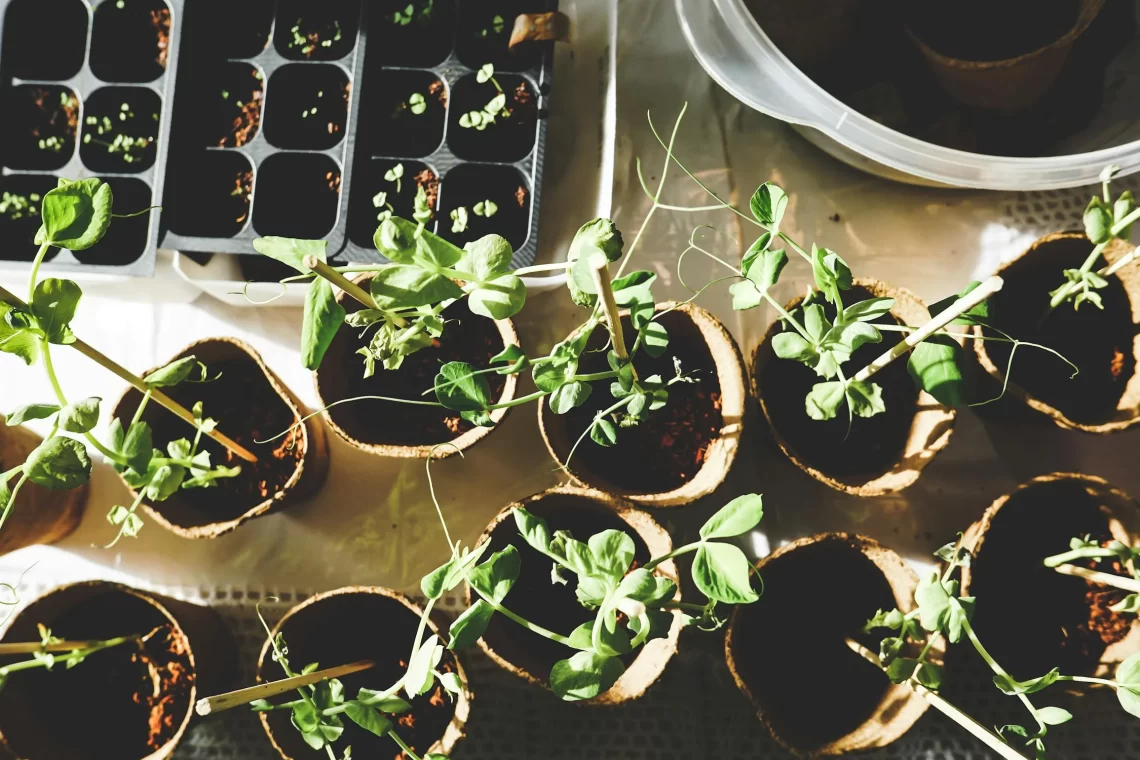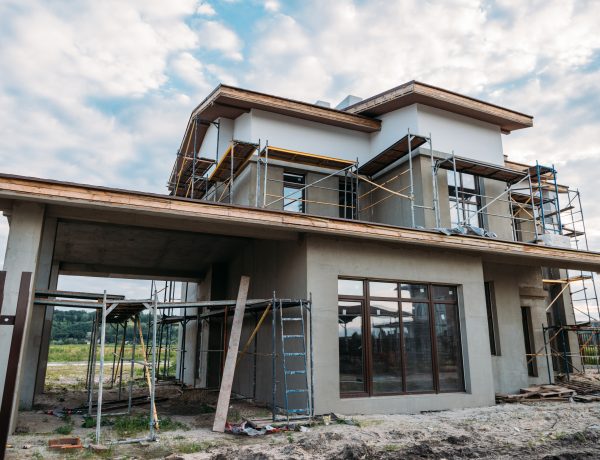If you really think about it, gardening feels like the ultimate eco-friendly hobby. That is something any beginner can easily get into and get pretty good at. You’re nurturing plants, beautifying your space, and maybe even growing your own food. Plus, if you’re growing flowers, then you’re also able to make DIY home accessories with them. What’s not to love? It’s a hobby that you can easily fuel to fall in love with, and this is meant to help your wallet and mother nature, too, right?
Well, there are some surprising ways that your green thumb might be leaving a not-so-green footprint. So, with that all said, let’s dig into some common gardening practices that might be doing more harm than good.
Exotic Plants
Who can resist the allure of exotic plants? Their unique colors and shapes promise a garden that’s the envy of the neighborhood, right? Botanical gardens have them, and they make you feel as if you’re in a faraway land when seeing them. But there’s a catch.
Many of these plants aren’t adapted to your local environment, meaning they often require more water, specialized soil, and extra care. This not only drains resources but also your time and patience.
Worse yet, the journey of these exotics to your garden might be shadier than you’d think. Some are poached from their native habitats, disrupting ecosystems and contributing to biodiversity loss. The process of extracting these plants can devastate local environments. Plus, the carbon footprint of shipping plants across the globe is nothing to sneeze at. That long journey adds to greenhouse gas emissions, and the plants might not even survive the trip, leading to more waste.
So, as you can see, there’s more issues thank you might think when putting in these exotic plants.
The Disposable Plant Dilemma
Have you ever bought a stunning plant only to watch it wither away despite your best efforts? No matter how many years of experience you have in planting, this plant you just purchased passed away.
But why? Garden centers sometimes stock plants that are notoriously hard to maintain. It’s a sneaky business model: sell you a plant doomed to fail so you’ll keep coming back for replacements. This is mostly for houseplants, but this can technically happen to any plant (outdoor ones included).
Chemicals Harm More Than Help
When weeds invade, it’s tempting to unleash a chemical blitz. Pesticides and herbicides promise quick fixes, but at what cost? Well, these chemicals can seep into the soil and water, harming beneficial insects like bees and ladybugs, essential players in your garden’s ecosystem.
Over time, this contamination can spread, affecting nearby water bodies and causing broader environmental damage. But is that really all? Well, pests can develop resistance over time, leading you to use stronger, more harmful chemicals. It’s a vicious cycle that leaves both your garden and the environment worse off.
There’s the Overhydration Issue
Watering your garden seems straightforward, right? However, overwatering is a common misstep that not only wastes water but can also harm your plants. Alright, so if you have enough plants and been an avid gardener long enough, than chances are, you may have already known about this.
But if you don’t know, excessive moisture can lead to root rot and invite fungal diseases, which can be difficult and costly to treat. Plus, overwatered plants often have weaker root systems, making them more vulnerable to stress and less likely to survive drought conditions. So, you can’t waste water by over-watering, or else you could potentially kill the plant.
Are You Using Gas-Powered Tools?
Only slowly are electric and solar-powered tools coming out. Even nowadays, you’ll still find weed eaters, lawnmowers, and even leaf blowers running on gas. So, gas-powered garden tools contribute significantly to air and noise pollution. The exhaust from these machines contains harmful pollutants like carbon monoxide, hydrocarbons, and nitrogen oxides, which contribute to smog and respiratory issues.
Ideally, you should switch to something like a battery powered leaf blower, rechargeable lawn mover, or even an electric riding lawn mower. There are even battery-powered weed eaters out there, too! But overall, it’s smart to make the switch. In the long run, you’re saving money, and buying one new or second-hand is about the same price as gas-powered ones.
Photo by on Pexels
Mulching Missteps
Mulching is great for retaining soil moisture and suppressing weeds, but not all mulch is created equal. Plus, you need to understand that commercial mulches often come from unsustainably harvested wood and may contain dyes that leach chemicals into your soil. These dyes can be harmful to both plants and soil microbes, disrupting the delicate balance of your garden’s ecosystem.
But it’s not just the companies and their practices either; it’s your choices, too, when it comes to your plants. For example, over-mulching can also suffocate plant roots and hinder water penetration. When mulch is applied too thickly, it can create a barrier that prevents air and water from reaching the soil, leading to poor plant health. It’s a classic case of too much of a good thing.
Plastic Pots
Those plastic pots and trays from garden centers seem harmless, but they contribute to significant plastic waste. Actually, these get a lot of attention from eco-friendly gardens, but there aren’t too many changes when it comes to all of this.
So, these are often used temporarily, they end up in landfills where they take centuries to decompose. Depending on where you live, they might be recycled, but it’s not always the case. So, the production of these plastics is also energy-intensive, contributing to greenhouse gas emissions.
The Carbon Footprint of Imported Soil and Fertilizers
This one is often surprising for many gardeners, but the bagged soil and fertilizers often come with a hefty carbon footprint. Many contain peat moss harvested from peat bogs that serve as crucial carbon sinks. The extraction process releases stored carbon, contributing to greenhouse gas emissions and the destruction of vital ecosystems.
Peat bogs are incredibly slow to regenerate, meaning that the damage caused by peat extraction is often irreversible. Fortunately, more and more countries are slowly banning the production of peat moss in their soils and fertilizers. If you go to your local garden center, then you might even see bags that say “peat free” to prove a point.
Read more home and garden articles at ClichéMag.com
Images provided by Deposit Photos, BingAI, Adobe Stock, Unsplash, Pexels, Pixabay & Creative Commons





